Sremski Karlovci, May 16, 2024 - With the support of the European Union, the Centre for Ecology and Sustainable Development (CEKOR) has organized a roundtable discussion gathering over 40 representatives of civil society and institutions dealing with forest and other ecosystem management, maintenance, and development in Vojvodina. The aim of this event was for the participants to exchange experiences and examples of good practice in mitigating the effects of droughts, enhancing climate change resilience, and combating desertification - land degradation in dry areas. Discussions also included the methodology of afforestation and the role of women in planning and implementing activities and measures to combat droughts.
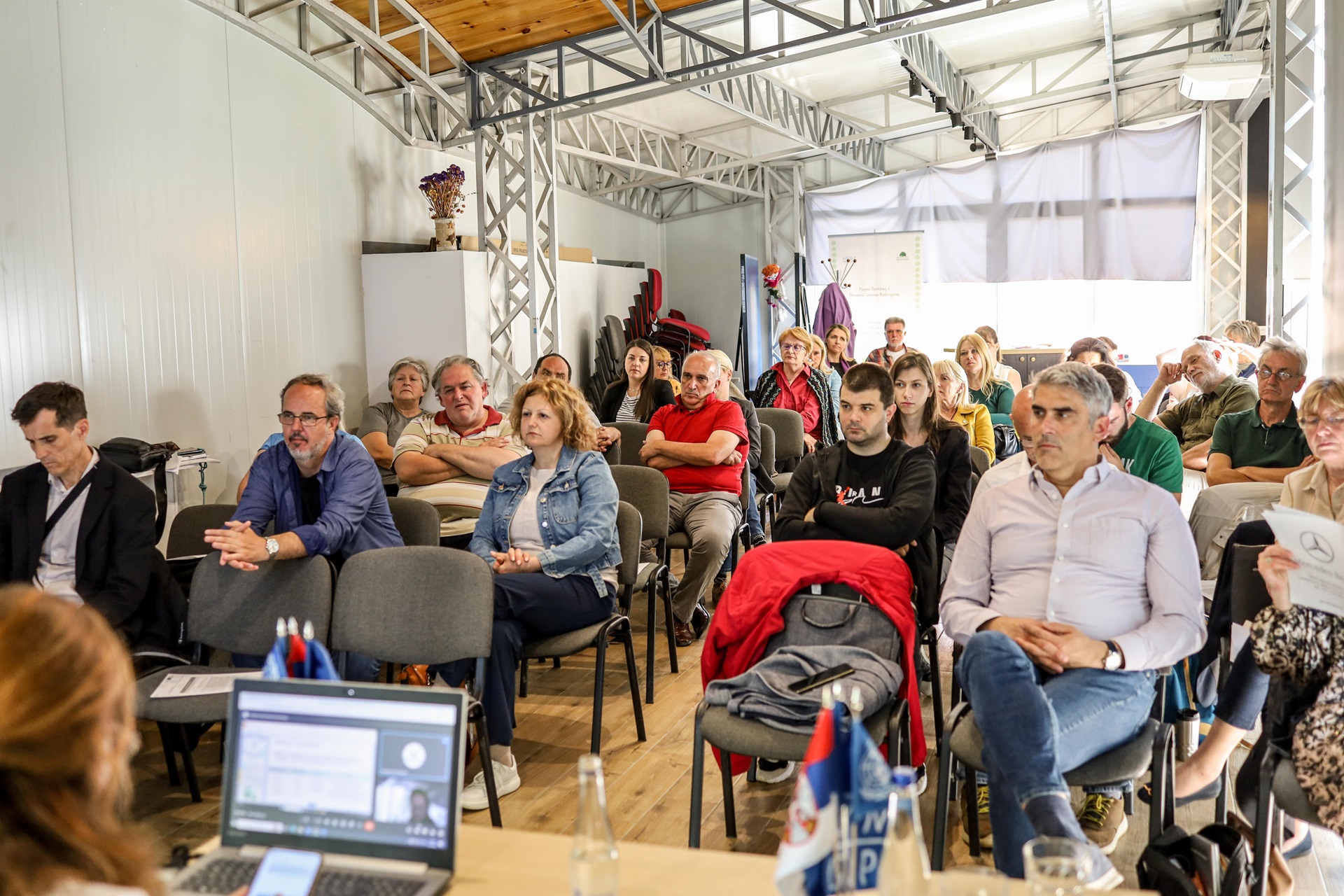
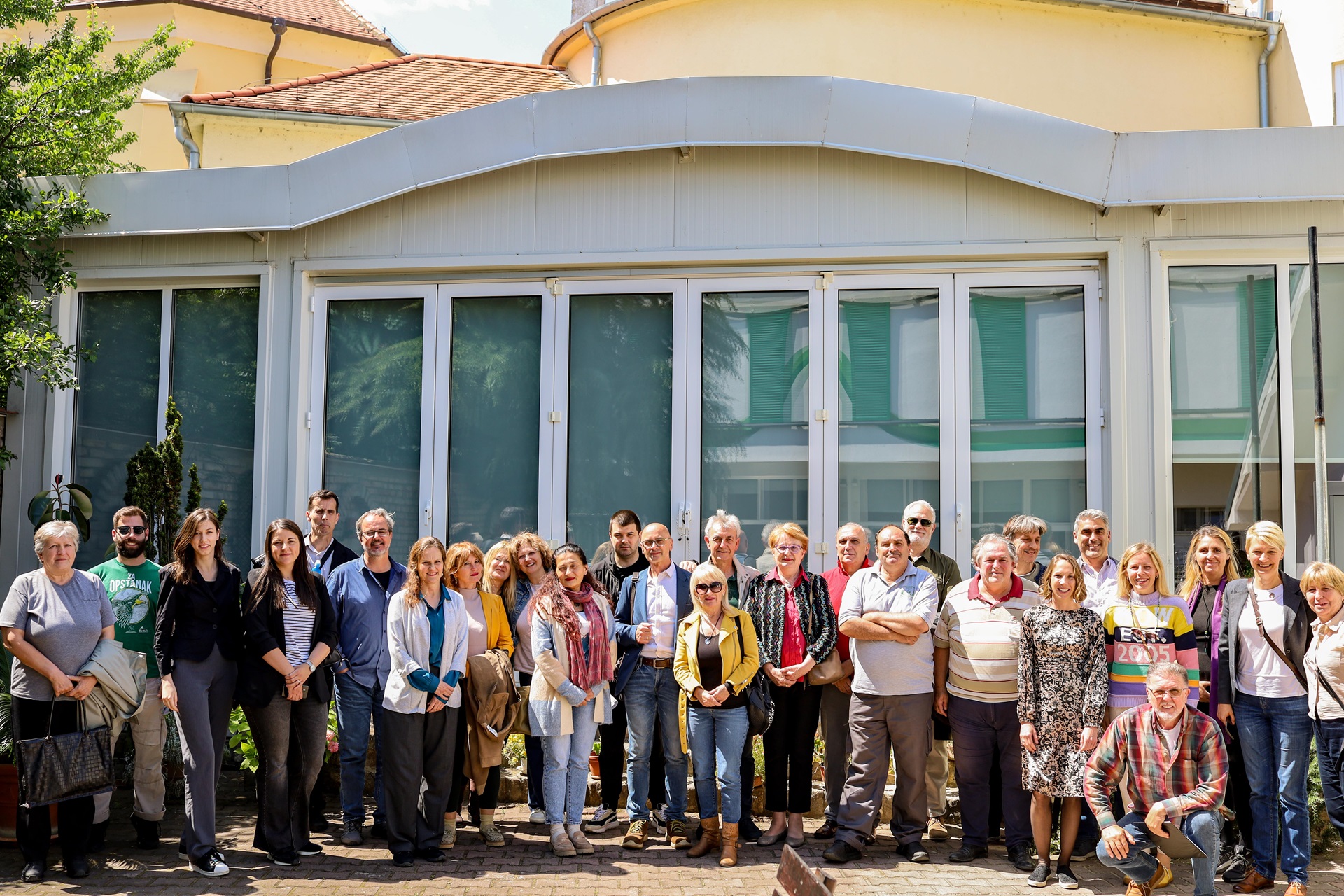
Participants emphasized that the drought topic is less visible in public discourse when it comes to natural disasters due to the consequences that occur over a longer time period, despite droughts causing significant damage.
CEKOR's representative Nataša Đereg presented data showing that changes in precipitation patterns, increased temperatures, and the subsequent increased frequency and intensity of drought years lead to changes in climate conditions. "This change is recognized as a risk factor for land degradation. The latest data from the Ministry of Environmental Protection show that in the period 2001-2021, about 29% of the territory of the Republic of Serbia was at moderate risk of land degradation, and 28% at high risks, of which 14% at very high and extremely high risk of degradation," Đereg explained.
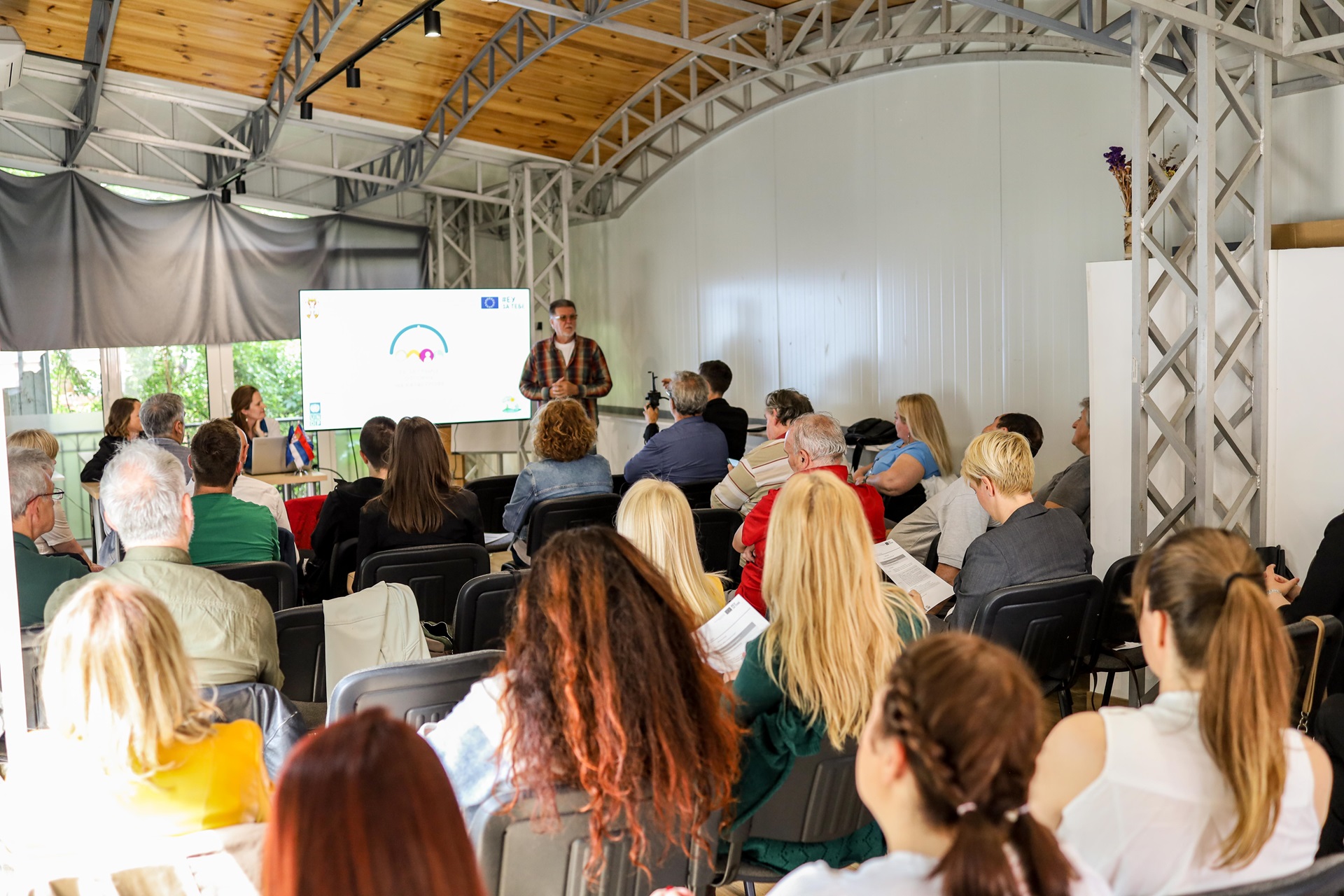
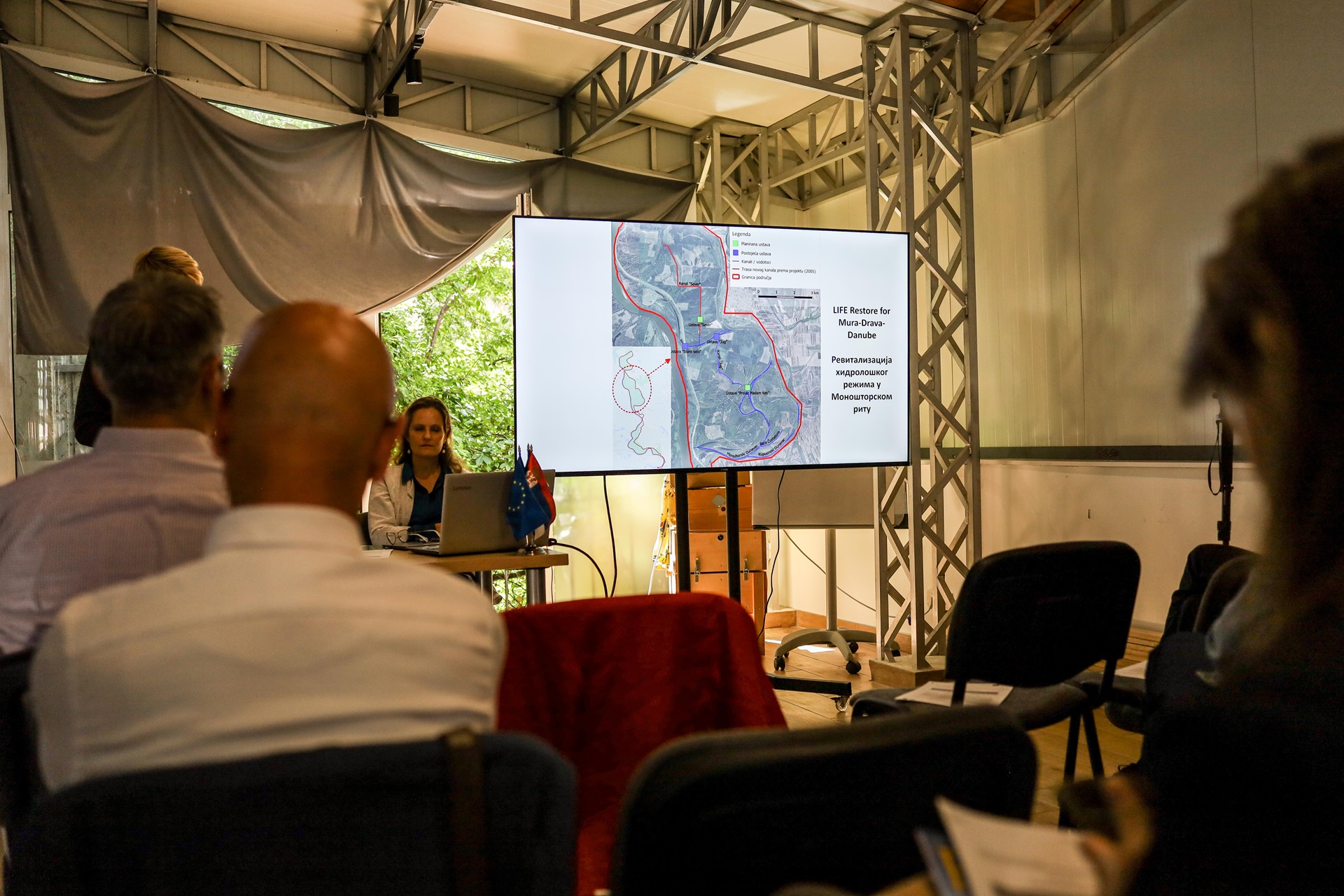
Civil society organization representatives presented good practice examples in Serbia, as well as potentials that society and the state could utilize to reduce the occurrence of droughts and their harmful effects. These included representatives of the EC Habitat from Vršac and the Association for Environmental Protection Okanj - Elemir.
"Fighting drought is actually a fight for water and the ways of using water are very important. In many areas, groundwater levels have dropped, resulting in forest dry-out, and there are fewer 'good' flood waves supplying crucial wetland habitats. We are witnessing that the water level in March is as if it were July," highlighted Ivana Vasić from the Public Company "Vojvodinašume."
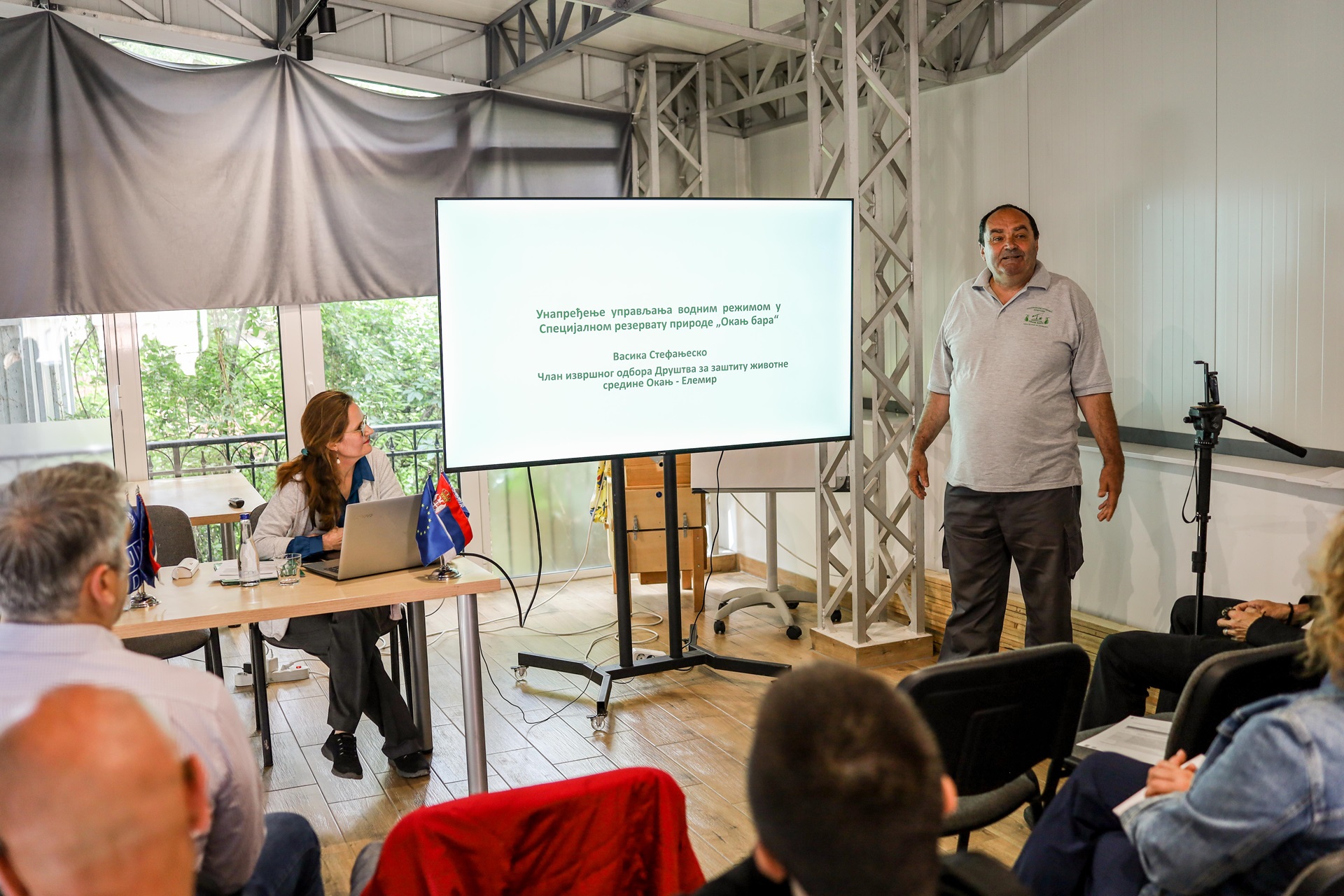
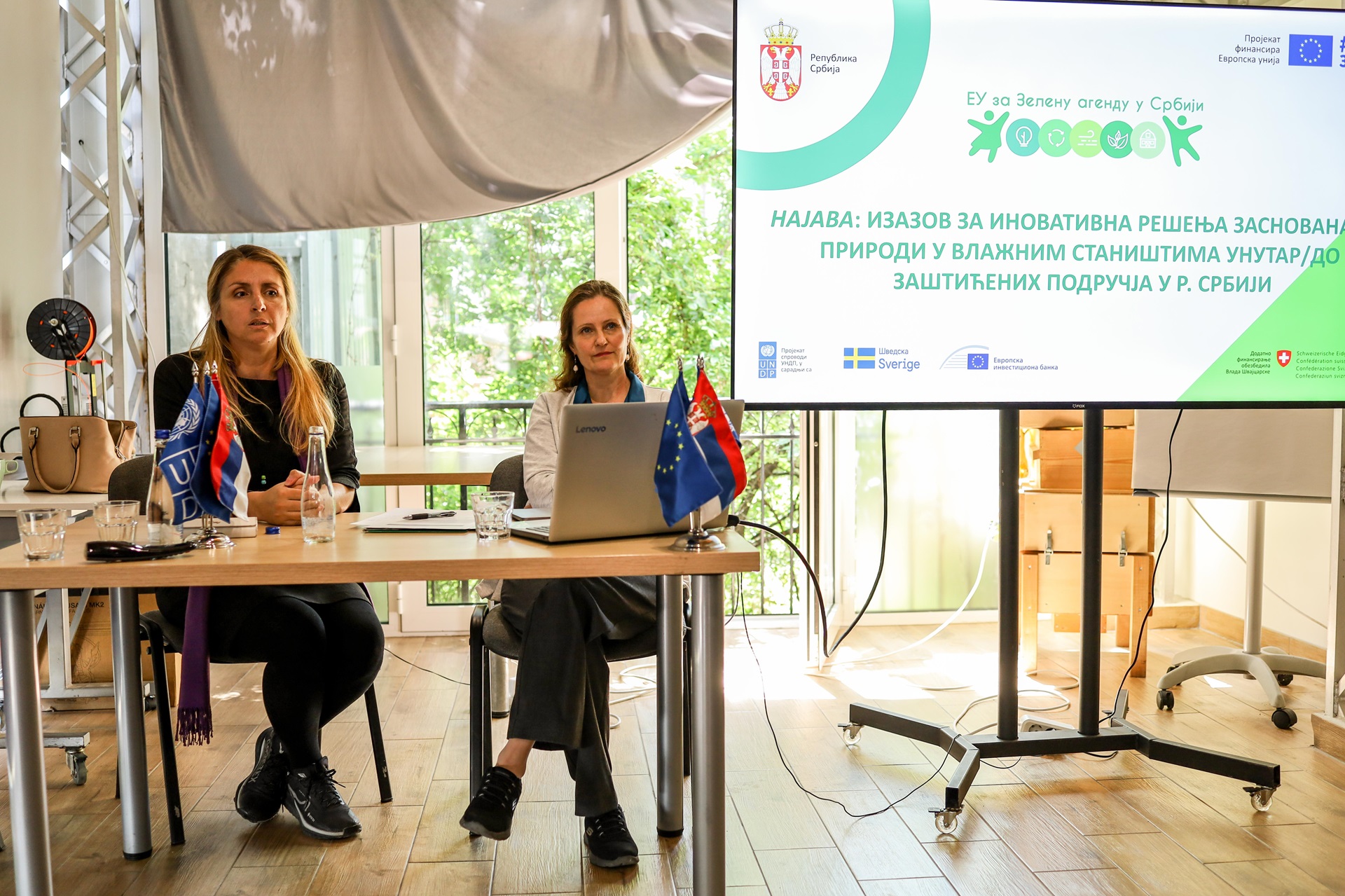
United Nations Development Programme representatives announced the call for innovation for the preservation of wetlands in protected areas and their immediate vicinity at the event. The call will be published on World Environment Day, June 5, intended for the managers of protected areas, public companies, legal entities from the private sector, scientific and research institutions and organizations, and local self-government units.
CEKOR organized this roundtable as one of the activities within the project "EU for Serbia Resilient to Disasters", which is funded by the European Union and implemented by UNDP.